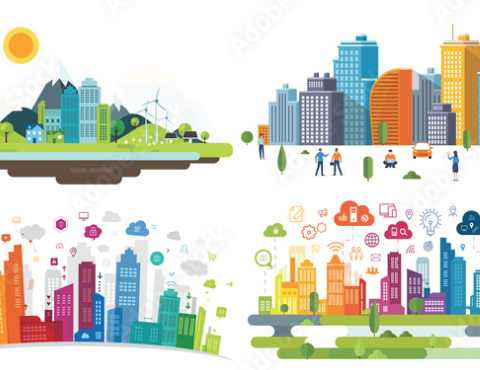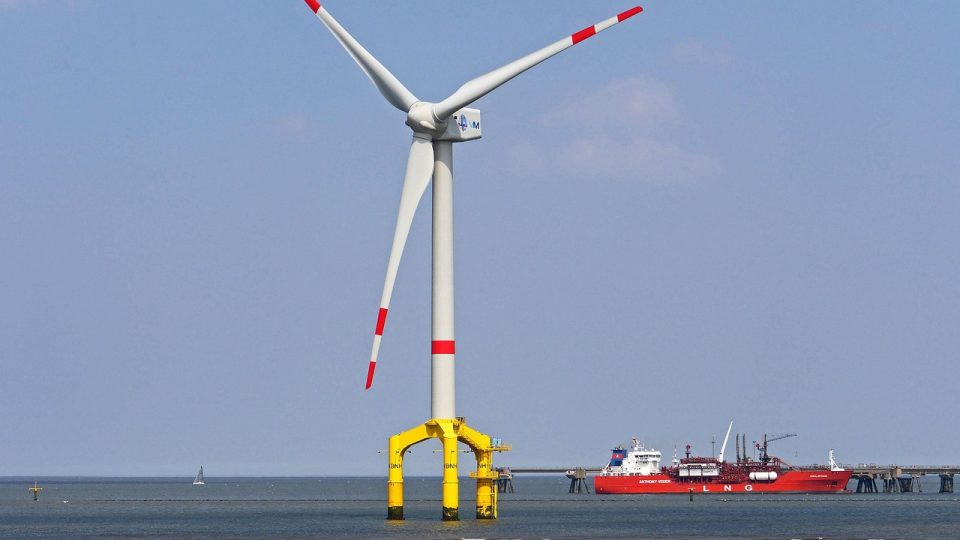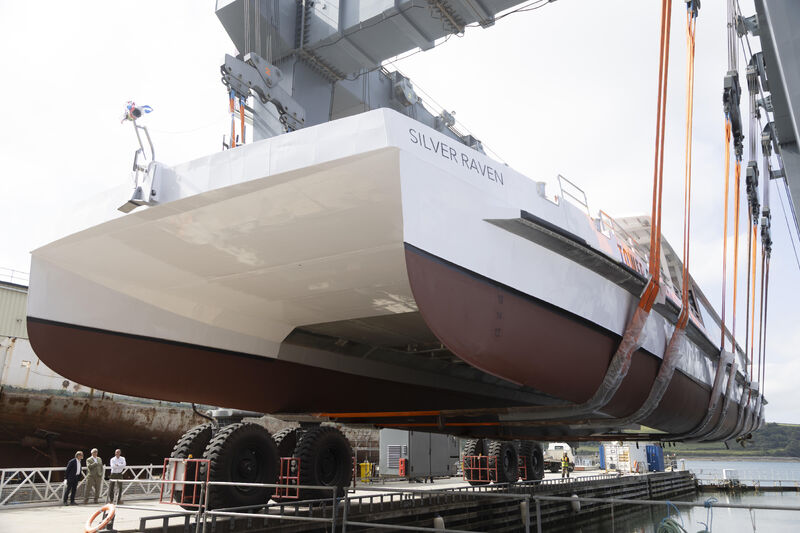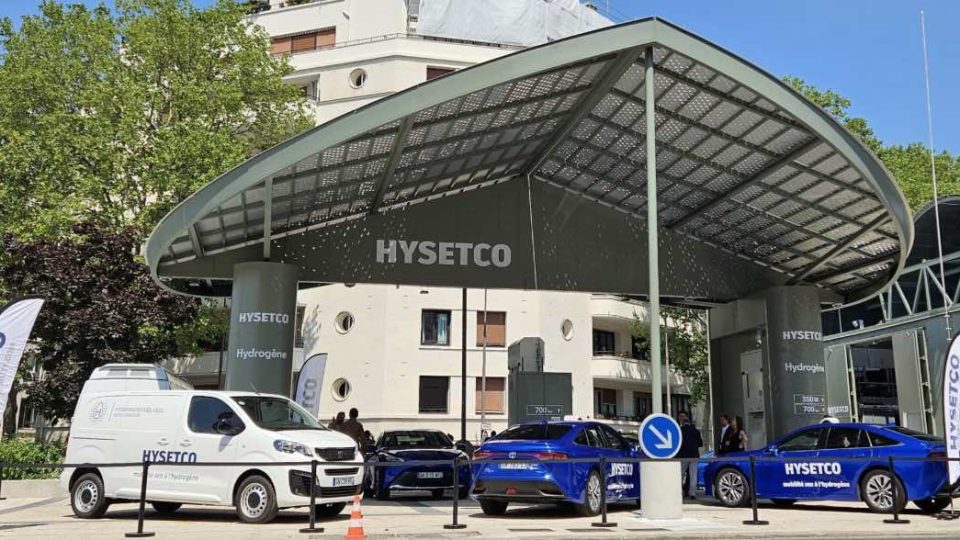Digital twins, IoT, and AI are critical enablers in the journey to net zero in smart cities
According to ABI Research, many decarbonization strategies in cities are enhanced, enabled, and controlled by smart city technologies and will be essential for reaching global net zero targets

According to global technology intelligence firm ABI Research, smart cities technologies will a critical asset for this transformation. Cities account for more than 50% of the planet’s population and are responsible for more than 70% of global carbon emissions. To combat this, decarbonization strategies are being employed by cities around the world. In a recent post, we saw that almost two-thirds of renewable power added in 2021 had lower costs than the cheapest coal-fired options in G20 countries.
“The principles behind smart city technologies, such as increasing efficiency, better data management, and better decision making are also essential for decarbonization and reaching net-zero goals. Technologies such as digital twins, smart streetlights, micro-grids, computer vision, smart city management platforms, and micro-mobility are all growing in popularity and can help with decarbonization,” explains Dominique Bonte, Vice President, End Markets at ABI Research. “The technologies can enhance decarbonization through more efficient energy use, better project planning, predictive maintenance, greener mobility options (such as e-bikes and e-scooters), and greater urban management through better data management.”
Net zero in smart cities
There are many examples of cities deploying smart city technologies to enable decarbonization including London’s recent expansion of the ULEZ (Ultra Low Emission Zone) which uses a variety of technologies such as ANPR (automatic number plate readers), CCTV cameras, and environmental sensors to assess the impact of the new regulations. Another example is Tengah, Singapore. It is Singapore’s innovation district and uses a variety of technologies to support decarbonization including a centralized cooling system, smart streetlights, smart waste removal, a mobile app for citizens’ smart meters, and mass rapid transport with a car-free city center. These strategies not only have a direct impact on energy consumption by also encourage and enable citizens to make better choices to help the city decarbonize. “Cities have a great opportunity to influence how we reach net-zero goals through their ability to regulate, purchase, and influence their services. By opting for smarter, more resilient solutions they can reach and maintain their decarbonization goals to increase the health of their citizens and the wider community,” Bonte concludes.











